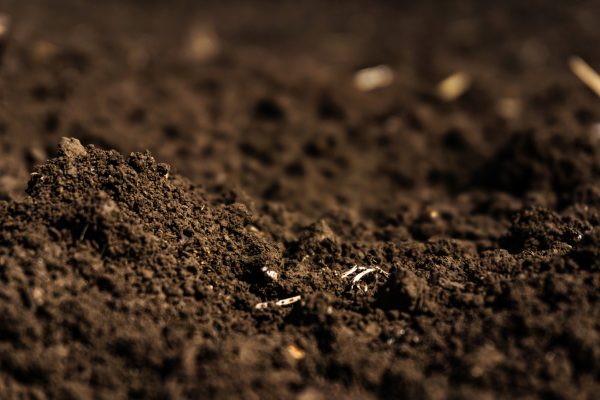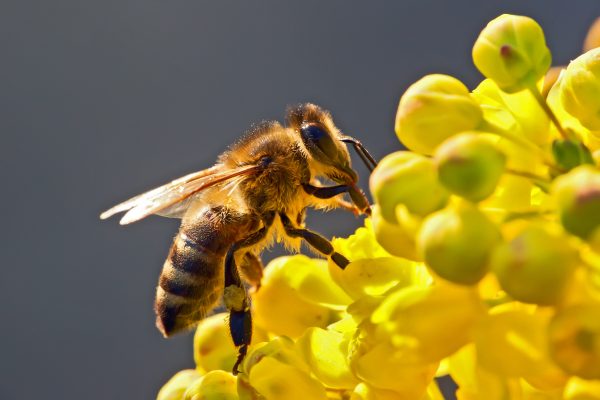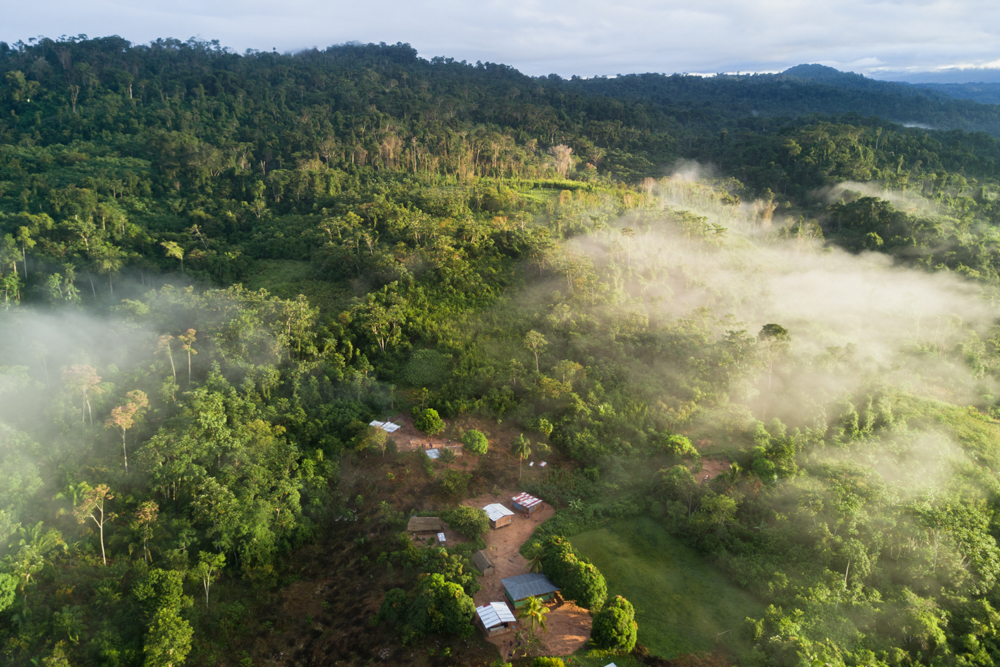The report advises ways in which we can effectively address rapid biodiversity loss. From avoiding pesticides to protecting wildlife habitat, it’s important to protect ecosystems today if we are to slow this rate of extinction.
Protecting and preserving rainforest is one of the most essential actions we can take for the climate and Earth’s species, of all kinds.
Ecological breakdown is a global emergency, and we must respond accordingly. Nature is not ‘nice to have’ – it’s our life support system. We need to treat it as so, and protect habitat around the tropics.






